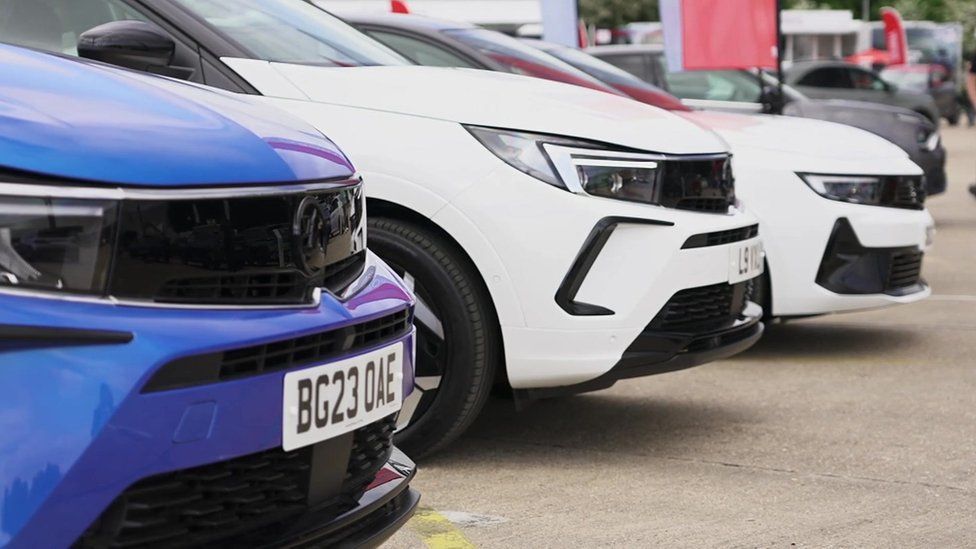-

-
-
Loading

Loading

The UK faces a dilemma regarding the rising imports of Chinese electric cars. Should the UK impose big tariffs on these imports, like the EU is threatening to do, or should it allow them to continue? Allowing open imports would make it easier for the UK to achieve its goal of no new petrol and diesel cars by 2030 and make electric cars more affordable. However, this could potentially damage the UK car industry. Chinese electric vehicle manufacturers, such as BYD, are making significant strides in the market. BYD, backed by Warren Buffett, is on track to become the world's largest producer of electric vehicles. Other Chinese brands, like FunkyCat and Nio, are also making their way into the European market. China has already surpassed both Germany and Japan in terms of global car exports. This has been attributed to China's strategic planning, which focused on dominating the electric vehicle sector. Chinese manufacturers, aided by subsidies, are able to undercut global players and offer competitive prices. Chinese electric vehicles have the potential to disrupt the European market, similar to how Japanese cars did in the 70s and 80s. Cheaper Chinese models could play a significant role in the UK's path to achieving net zero emissions. However, if tariffs are imposed on Chinese imports, the European and British car industry may struggle to compete. The European Union recently announced an investigation into Chinese electric vehicles due to concerns over unfair trade practices and subsidies distorting the market. The UK's Trade Remedies Authority has invited carmakers to make a complaint regarding subsidised Chinese electric vehicles, but no action has been taken so far. In a few weeks, the UK government will introduce its Zero Emissions Vehicle (ZEV) mandate, which aims to eliminate the sale of combustion engine vehicles. If a car company fails to meet its electric vehicle sales target, it will face fines or have to buy surplus credits from companies that have sold more electric vehicles. The Chinese-made import brands are mostly electric, leading to concerns that UK manufacturers will have to subsidize their competition. The UK's approach to Chinese imports and its reliance on domestic production for electric vehicles is a conscious decision. However, there are concerns over aiding Chinese dominance in a strategic industry like automotive. Ultimately, the UK must decide whether to prioritize cheaper Chinese imports to drive mass adoption of electric vehicles or prioritize domestic production. This decision comes with implications for the UK car industry and the country's net-zero goals.